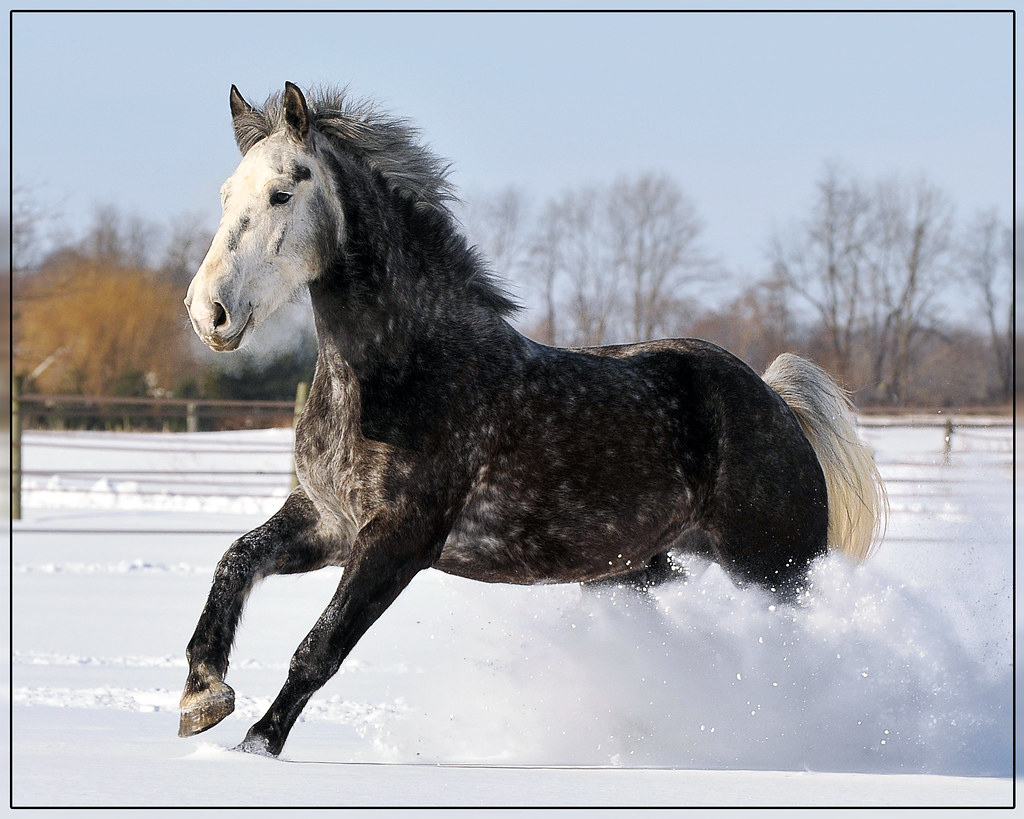Ice and snow in NC can mean loss of electricity for extended
periods of time and dangerous or even impassable roads. Having a plan, extra supplies and identifying
possible hazards prior to the weather event can help keep you, your family and
your animals safe and sound until everything thaws.
A disaster plan is the first and most important step in
preparing for winter weather. You and
your family come first so having a primary plan for keeping the people on your
farm safe is priority. The American
Red Cross has lots of great resources for creating a plan for your
family. A winter weather plan for your
barn would include things like who will be assigned particular chores or
animals during the ice or snow, specific things to keep an eye on, such as
watching for busted pipelines or frozen waterers, or exactly how much feed each
animal requires per day.
Once a plan is organized and in place the next step is to
make sure you have enough supplies on hand to survive for several days without
anyone coming to or leaving the farm. It
is not unheard of for roads to be closed for up to a week under severe ice and
snow conditions so you should have AT LEAST two weeks of extra supplies on hand
when winter weather is a possibility.
This includes, hay, feed and any daily supplements or medications that
your horse receives. A back-up supply of
water is also crucial to winter weather survival. You will be without a water source if you
lose power and your farm uses well water, or if a pipe freezes and bursts. Automatic waterers will be out of commission
as well if you lose power so extra buckets are a must. An adult horse drinks 8 to 12 gallons of
water a day so having a barrel or drum of extra water is a good idea since not
many people have the time, or the room, to keep 50-1 gallon jugs of water on
hand.
Identifying possible hazards and putting them into your plan
will hopefully keep weather related injury to a minimum. Dead or weak limbs that may fall under the
weight of ice, an icy pond that I horse may wander into or a tripping/slipping
hazard in a high traffic area are all examples of possible dangers to make note
of or correct prior to a winter storm.
As previously mentioned loss of power can create multiple
issues so a backup generator is essential.
It is important to know how to operate the generator prior to needing it
and also to have enough of a fuel supply to keep it running as long as needed. Carbon Monoxide poisoning is a very real
threat when using a generator so make sure it is in a very well ventilated area
and NEVER indoors.
Snow days can be fun if you are prepared. Keeping everyone, human or animal, happy and
safe through planning and preparation will help ensure there’s plenty of time
for horsing around. :)

No comments:
Post a Comment